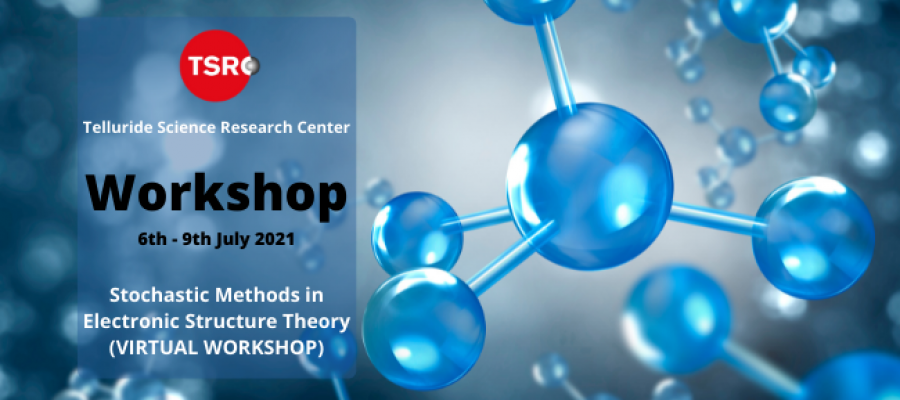Stochastic Methods in Electronic Structure Theory

Event description
The past decade has witnessed a rapid growth in the application of stochastic electronic structure methods to molecular and periodic systems. This includes methods ranging from diffusion Monte Carlo (DMC) where sampling is done in real space to methods such as AFQMC and various stochastic CI and stochastic coupled cluster methods where sampling is done in the space of Slater determinants. In addition, novel stochastic DFT, MP2, and Greensâ function methods have been introduced. Major advantages of stochastic methods compared to non-stochastic high-level electronic structure methods include improved scaling with system size and improved performance when running over large numbers of CPU (or GPU) cores. In addition, several stochastic electronic structure methods are well suited for treating strongly correlated systems. There has also been considerable progress in the incorporation of machine learning algorithms, the treatment of electronically excited states, and the inclusion of finite temperature effects in quantum Monte Carlo methods This workshop will address recent developments in the area of stochastic electronic structure methods.
Organise by Telluride Science Research Center.
